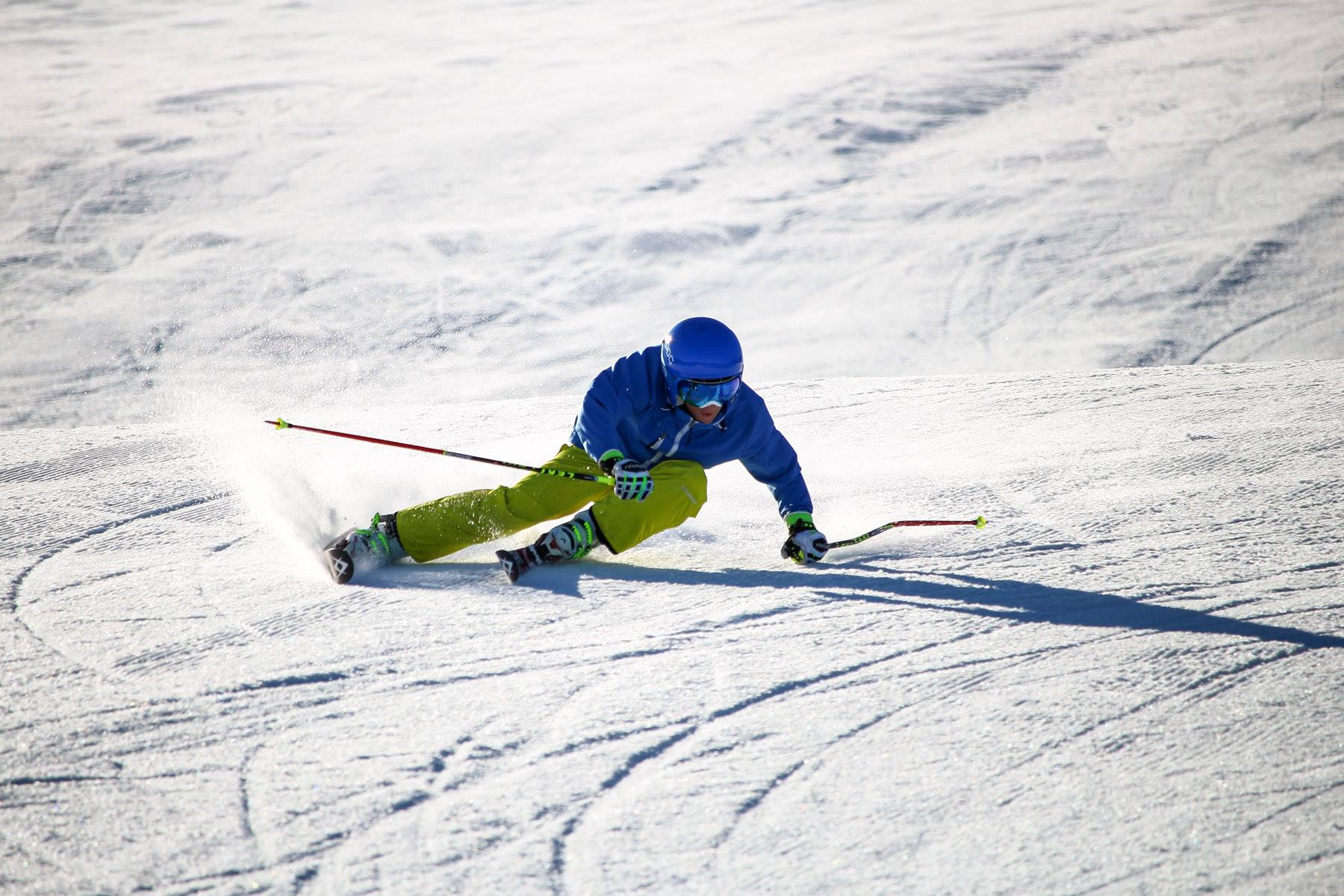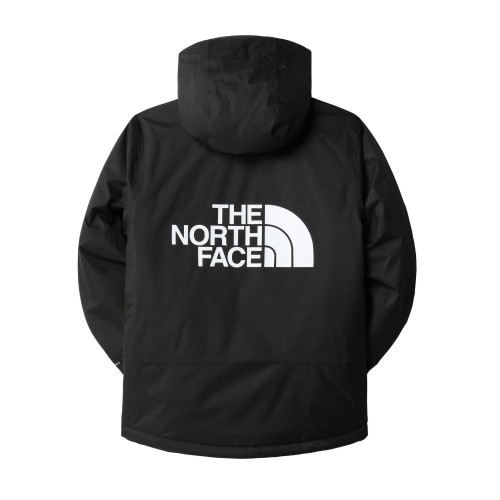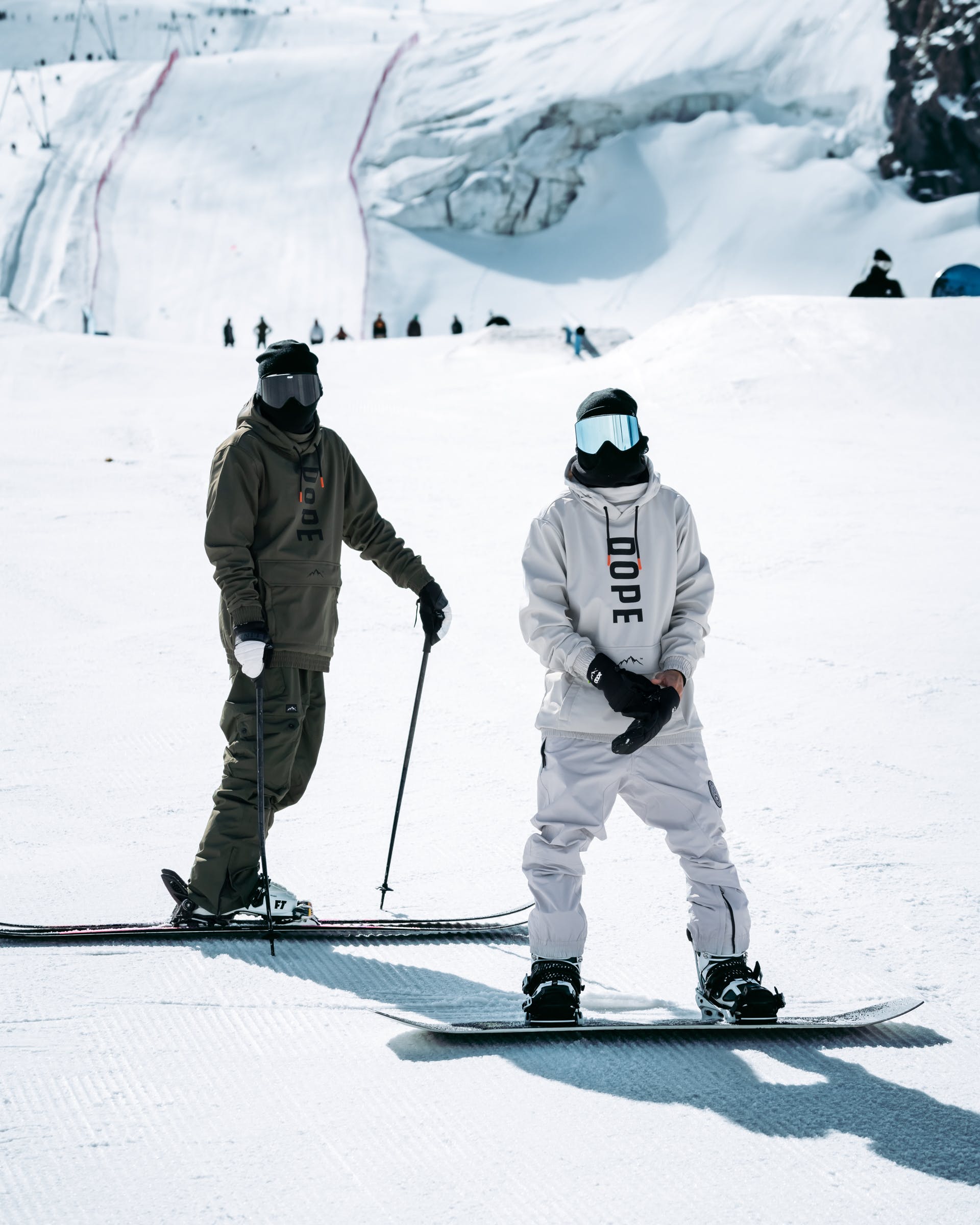
Formula One is an international race for single-seat open-wheel formula racing cars. It is sanctioned annually by the Federation Internationale de l'Automobile. It includes several races known as Grand Prix, which are held throughout the season in different parts of the world.
Points awarded at each Grand Prix contribute to the Drivers' and Constructors' Championships, and drivers and teams compete for them throughout the season. Drivers are awarded points based in their finishing positions. If drivers change teams between races these points will be added into their new team's points.
The FIA regulations govern the design of the car as well as its aerodynamics. They also require the car to be above a specified weight, width and height.
You must ensure that they can carry enough fuel for the entire race distance. This is possible by having a system with tanks and engine that can be adjusted to increase/ decrease in size depending on fuel consumption.

Engine specifications can vary from season one to season but most engines fall within the 1.5 litre range. These turbocharged V6 units can produce between 1,300-2,400 bhp.
Formula 1 was originally built with the same engines as road cars. The FIA began to restrict the engine size after turbocharged engines were developed by manufacturers.
Many of these aerodynamic devices, which were previously prohibited for use in road cars, were therefore introduced to Formula One cars. Ground effect aerodynamics were one of these devices. This allowed the car's acceleration to be faster than its competitors by exploiting downforce on the track.
The use of active suspension, which lifts the car off the ground and allows it to run at higher speed than is possible without it, was also eventually banned. Despite its popularity, active suspension was discovered to be dangerous and could cause drivers to lose control.
The HANS system has made Formula One safer. This system is designed to keep the driver safe by controlling the steering force and stopping him from falling out of his car.

The HANS system provides protection for the driver from vibrations occurring when the engine turns off. Additionally, it can help reduce speed to help prevent collisions. The FIA also introduced electronic brakes that allow cars to stop at a fraction the normal braking distance.
Formula One has stewards who are responsible for enforcing race rules and applying penalties. They work under the race director and analyze each incident that may occur to make decisions about what should happen next.
If a racer crashes, for example, the stewards could order them to start at the last place on the grid and penalize the driver with points. Formula 1 Formula 1 is a powerful sport, and the stewards may decide which car should be penalized.
FAQ
Where should I store my luggage
There are many choices. The most popular option is to use lockers in airports. They are generally located near security. These lockers cost $5-10 per day depending on their size.
You can also rent a storage space. They are usually located outside of large shopping malls or hotels. Some places offer discounts if multiple units are rented together. Prices can vary.
The third option is to rent a porter. The porter will carry your luggage from your carousel to your bedroom. He will charge a small service fee for each trip.
What is the best price for airline tickets?
You can find the best deals on airfare by looking at airlines like Jetstar or Virgin Australia, Tigerair, Malaysia Airlines and Singapore Airlines.
Some airlines offer discounts on flights if you search online.
How can I travel light and how do I get there?
When packing for a trip, there is no right or wrong answer. Here are some tips to help you decide what to pack.
-
Bring only what you really need.
-
Only pack what you will actually wear.
-
Do not buy too many.
-
Make sure you have room in your suitcase.
-
Always make sure you have everything you need.
-
Take advantage of free storage facilities.
-
Use reusable water containers instead of buying bottled water.
-
You can carry a backpack rather than a suitcase.
-
Walk or cycle whenever possible instead of using public transport.
-
Choose the right size bag.
-
Avoid carrying bulky items.
-
Be prepared for any eventuality.
-
You can't leave any trace.
How do I prepare my body for vacation?
You need to eat and exercise regularly to maintain a healthy lifestyle while on vacation.
It is also important to get enough sleep and keep hydrated before you go.
You should ensure you have all necessary travel documents and medication ready for when you go.
If you are planning on taking any medication while you travel, make sure you have enough to last you until you return to your home country.
Finally, be sure to pack a change of clothes in case you get sick or injured.
Should I get travel insurance?
Travel insurance is important if your plans include adventure travel. You should ensure that you have coverage for all types and forms of adventure sports.
If you're skiing, for example, it is important to have medical coverage. You should also consider getting coverage for theft, damage, and loss.
Cover for cancellation should be considered. This will allow you to cancel your holiday with no penalty.
Also, make sure you ask for insurance for emergency evacuation. You can also be taken off the mountain in the event of an avalanche, or another natural disaster.
What is the first thing to do after arriving at your travel destination?
You should always have an itinerary for when you arrive at a place. This helps you to know what to expect and where you should go next.
It is important to plan ahead so you don't forget anything.
For example, if you're going to be visiting a city for more than one day, you should research which museums, parks, and landmarks you'd like to visit.
Also, you may want to look into getting a map of the area and reading up on the region's history.
What snacks can I bring on the plane?
There are many choices of snacks that you can bring along when you travel. You might consider bringing along any food items you enjoy while traveling.
If you love chocolate, for example, you might want some chocolates and other treats like biscuits and crisps.
You might consider packing cheese or crackers if you are looking for something savory.
It is also important to consider the type of beverages you'd like to bring onboard. Maybe you prefer hot or cold drinks?
No matter what type of snack you bring, ensure that they are packed securely and safely.
It will be easy to transport them without worrying about them being damaged.
Statistics
- Pack sweaters, jackets, and underwear in reusable compression bags creating up to 75% more space in your luggage. (wikihow.com)
- Alcoholic beverages with 24% alcohol or less are not subject to limitations in checked bags. (tsa.gov)
- According to Maori legends, this park holds 14 fjords that were all carved by a giant stonemason with an adze. (busytourist.com)
- Alcoholic beverages with more than 24% but not more than 70% alcohol are limited in checked bags to 5 liters (1.3 gallons) per passenger and must be in unopened retail packaging. (tsa.gov)
- Between the ages of 11 and 13, kids, or tweens, will likely want some autonomy but also need boundaries. (travelandleisure.com)
External Links
How To
How to plan your next vacation
Planning a trip includes many things such as booking flights, hotels and car rentals. You must also consider your budget, destination, weather forecast, and other important factors.
These points are essential to keep in mind when you plan your next vacation.
We have prepared a step-by, step guide to help with your next vacation planning. This guide has been compiled using customer feedback as well as our own experience. We hope that by following this guide, you can plan your next vacation without any hassle.
Steps:
-
Plan your Budget - Planning your budget is one of the most important steps in preparing for a trip. Before you can begin to plan where you want to go and what you'd like to do, you should know how much. If you don’t have enough money, it might be necessary to cancel your trip.
-
Book Your Flights. After you have decided on your budget, book your tickets. Be sure to get the lowest price flight deal. You should also check to see if any airlines offer special deals during specific seasons. These deals can save you lots of money.
-
Choose Your Destination - Once you've booked your ticket, the next thing you'll need to decide is where you'd like to travel. Multiple factors come into play when choosing your destination, including location (where you're going), climate (what season to visit), culture (how friendly people are), and cost (how affordable it is).
-
Locate Accommodations – After you've chosen your destination, you need to locate accommodations. There are many choices for accommodation. You can choose from affordable hostels or luxury suites. Choosing the right type of accommodation depends on your needs and preferences. A hotel is not the best choice if you want to be close to the city centre. If you prefer quiet, peaceful places, a homestay may be the best option.
-
Select Activities & Attractions: Now that you have selected your accommodation, it is time to decide which activities and attractions to include in the itinerary. Depending on your length of stay, you may choose to add or remove activities.
-
Determine your schedule - After you've chosen the attractions and activities that you would like to include in your itinerary, it's now time to create it. A fixed schedule will ensure that you get the best value for your trip. If you have the freedom to roam as you please, your trip will be even more enjoyable.
-
Create Itinerary - Creating an itinerary includes all the information about your trip. From flights to accommodation, activities to restaurants, you should write them down and create a list of things to remember.
-
Research online - Make sure you do your research before you leave for your trip. Find out what other travelers have to say about different destinations by reading reviews and testimonials. This way, you will be able to plan accordingly.
-
Be Light - Don't pack too much. This is the biggest mistake people make when packing. Try to bring just three sets of clothes instead of five. Make sure you bring clothes that are appropriate for the area.
-
Make sure you are prepared - Have everything ready before setting off for your trip. Don't waste time searching for important documents in transit.